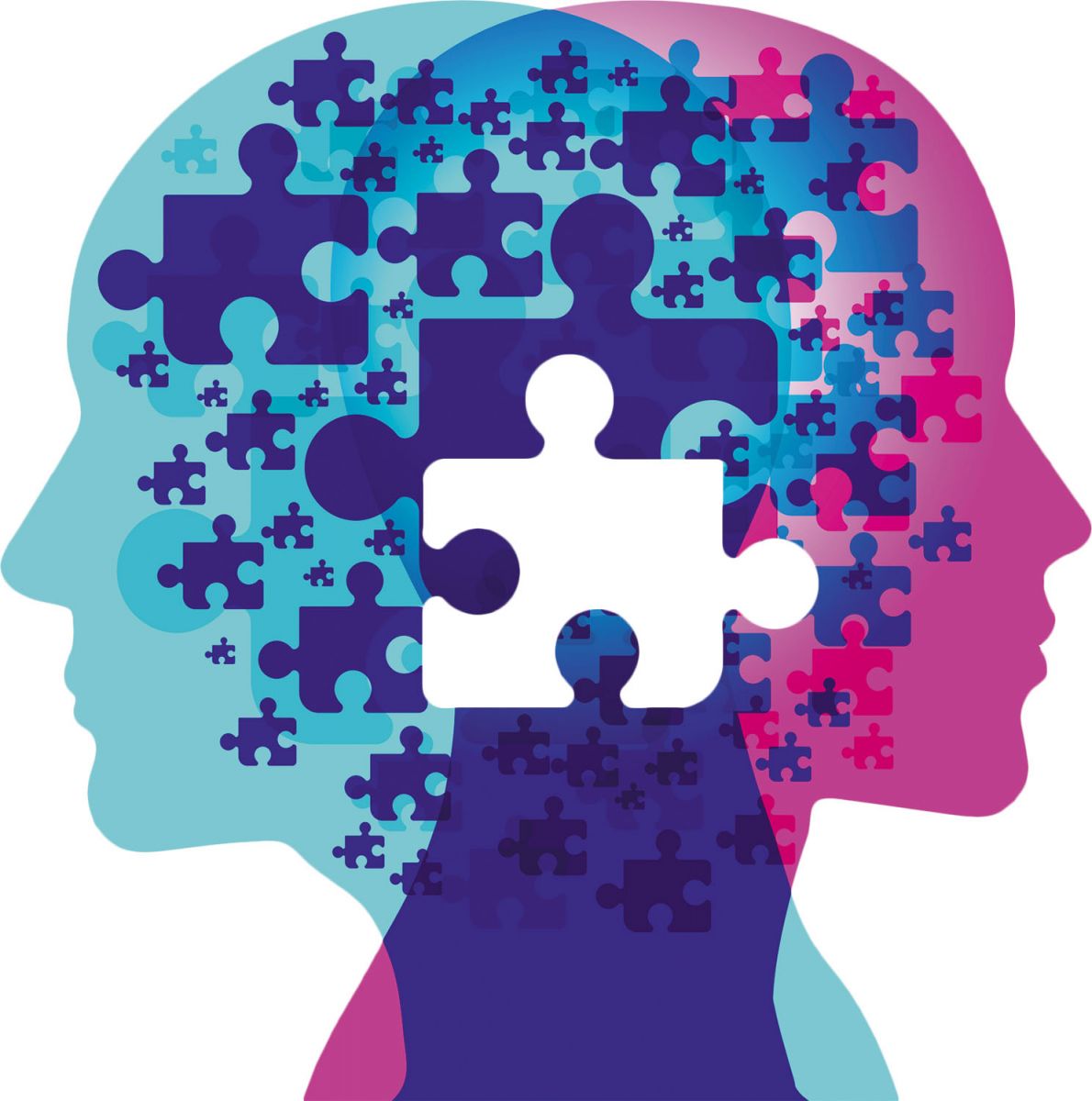[Hyperlinks] 112. Smith C, Kibry P, Noakes TD. The broken professional athlete: a medical technique to persistent fatigue in athletes. J Sports Sci 1997; 15:341 -51. [Hyperlinks] 113. Urhausen A, Kindermann W. Medical diagnosis of overtraining: what tools do we have? Sports Med 2002; 32( 2 ):95 -102. [Hyperlinks] 114. Lehmann M, Schnee W, Scheu R, Stockhausen W, Bacl N.
Int J Sports Med 1992; 13:236 -42. [Links] 115. Snyder Air Conditioner, Kuipers H, Cheng B, Servais RM, Fransen E. Overtraining following intensified training with normal muscle glycogen. Med Sci Sports Exerc 1995; 27:1063 -70. [Hyperlinks] 116. Urhausen A, Gabriel HH, Welier B, Kindermann W. Ergometric and psychological findings during overtraining: a long-term follow-up research study in endurance professional athletes.
[Hyperlinks] 117. Zavorsky GS. Proof and possible systems of modified maximum heart rate with endurance training and tapering. Sports Med 2000; 29:13 -26. [Hyperlinks] 118. Mackinnon LT, Hooper SL, Jones S, Gordon RD, Bachmann AW. Hormonal, immunological, and hematological actions to intensified training in swimmers. Medication Sci Sports Exerc 1997; 29:1637 -45.
Foster C. Keeping track of training in professional athletes with recommendation to overtraining syndrome. Med Sci Sports Exerc 1998; 30( 7 ):1164 -8. [Links] 120. Hartmann U, Mester J. Training and overtraining markers in selected sport events. Medication Sci Sports Exerc 2000; 32( 1 ):209 -15. [Links] 121. Organizao Mundial de Sade. Classificao de Transtornos Mentais da CID-10 - Descries Clnicas e Diretrizes Diagnsticas.
Everything about Why Mental Health Affects Every Thing I Do
[Hyperlinks] 122. Eichner E. Chronic tiredness syndrome: looking for the cause and treatment. Phys Sportsmed 1989; 17( 6 ):142 -52. [Links] 123. Koutedakis Y, Budgett R, Faulmann L - how stress affects mental health psych central. Rest in underperforming elite professional athletes. Br J Sports Med 1990; 24( 4 ):248 -52. [Links] Received for publication on April 14, 2004. Accepted for publication on July 13, 2004.
Workout can have a massive influence on your state of mind. In fact, it is thought that exercise can be just as efficient as anti-depressants in treating mild-to-moderate anxiety. Not only can work out aid in dealing with depression, it can likewise prevent individuals from becoming depressed once again. So it's essential to keep up a workout regimen after individuals improve.
Exercise can: increase your energy levels help you get a great night's sleep distract you from your worries and get you out of a cycle of unfavorable ideas that can feed stress and anxiety and depression help you go out and be with people if you're feeling lonesome; even a smile as you pass someone on the street can boost your state of mind aid you feel more in control, and improve your self-confidence, due to the fact that you are taking an active function in your own treatment increase your self-confidence as you satisfy obstacles and reach objectives, no matter how small, in addition to helping you to feel great about your body aid you to avoid less useful techniques, such as drinking alcohol or house on how you feel.
This might be because of a combination of reasons, including: Exercise helps chronic anxiety by increasing serotonin (which helps your brain manage mood, sleep and cravings) or brain-derived neurotrophic factor (which helps nerve cells to grow). Exercise lowers immune system chemicals that can make anxiety worse. Workout increases your level of endorphins, which are natural state of mind lifters.
A Biased View of How Sensory Overload And Processing Affects Mental Health
We understand getting enough sleep can safeguard the brain from damage. Exercise provides you a focused activity that can assist you feel a sense of achievement. Workout limits the impact of stress on your brain. Alcohol Abuse Treatment Numerous studies have been https://penzu.com/p/bea0c271 done to comprehend the link in between exercise and state of mind. What we do understand is: people who exercise frequently have fewer signs of depression and anxiety than those who do not moderate strength workout can be an effective treatment by itself for mild-to-moderate anxiety 16 weeks of regular exercise is simply as effective as anti-depressant medication in treating older people who were not exercising formerly workout can help treat people with depression who have actually partially reacted to anti-depressants; that is, it can help them get ever much better both aerobic workout (such as strolling, cycling or running) and strength training (such as weight lifting) can help treat depression - how snapchat affects mental health.
People The original source who exercise outside also state they are most likely to exercise again than those who stay inside. And, individuals who work out outside do it regularly, and for longer, than those who exercise indoors. Research shows that vitamin D can help us to fight illness. Vitamin D is called the sunshine vitamin since we can get our day-to-day dosage just by spending a long time in the sunlight.

The bright side is that your body can make all the vitamin D you require if you expose your arms and legs to sunshine for 10 to 15 minutes a couple of times a week. For extra advantages, why not integrate this with getting some workout? Being inside your home, it is naturally tempting to be more sedentary than if you are outside.
You may like to try to invest more time strolling or cycling to work, gardening, cleaning up the backyard, or doing other activities that get you moving and away from your computer or television. Kids are particularly at risk of enjoying excessive amounts of television, playing video games or using tablets.
The 7-Second Trick For Information On How Stigma Affects People With Mental Health Conditions
Natural light is understood to assist raise people's moods, so heading outside can help you to feel better. Researchers in Britain have been working on the idea that exercising in nature has actually included advantages for mental health. They call this 'green exercise'. These scientists have actually found that even 5 minutes exercising in nature can raise your state of mind.
Other research has found that kids with attention deficit hyperactivity condition can focus more easily after strolling through a park, compared with strolling through a domestic area. Although the study was done just with kids, it might be worth trying a walk in the park if you're having problem concentrating too.
Scientists think that air-borne chemicals from plants can also secure us versus germs and viruses. There are so lots of benefits to working out outdoors. And unlike going to the fitness center, it's all totally free. Workout is a fantastic way to improve your mood. To increase the advantages, attempt working out outside. This page has been produced in consultation with and authorized by: SANE Australia Material on this website is provided for information purposes just.
The details and products contained on this website are not planned to make up a comprehensive guide concerning all elements of the treatment, product or treatment described on the site. All users are advised to always consult from a signed up health care expert for diagnosis and answers to their medical questions and to establish whether the specific therapy, service, product or treatment explained on the site appropriates in their scenarios.
What Does How Being Overweight Affects Your Mental Health Do?

The physical advantages of exercise improving physical condition and combating disease have long been established, and physicians constantly encourage remaining physically active. Exercise is also thought about important for maintaining psychological physical fitness, and it can minimize stress. Research studies reveal that it is really reliable at lowering fatigue, improving awareness and concentration, and at improving general cognitive function.